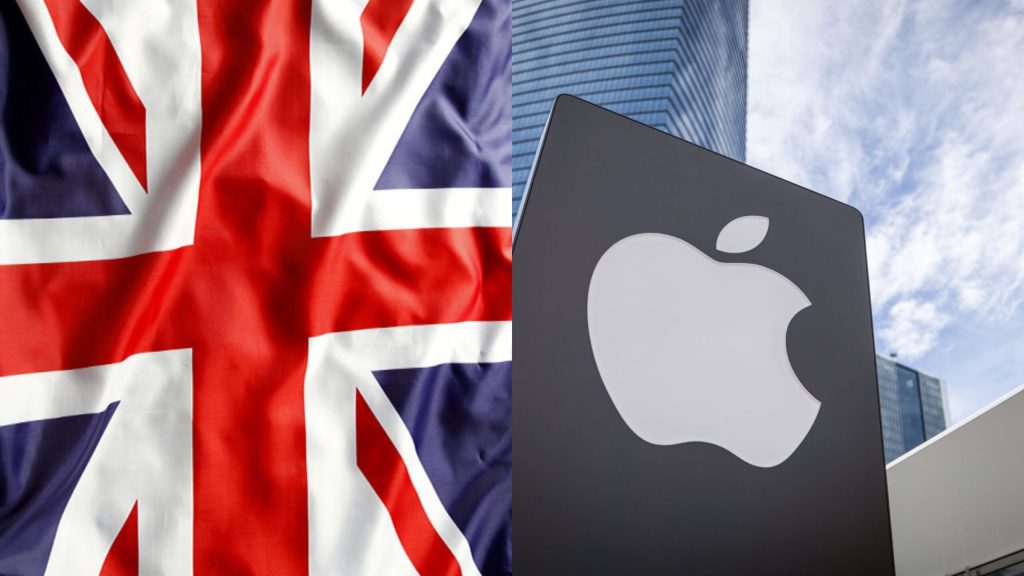Apple Gives In to UK Government, Removes Key Privacy Feature

Apple, once again, has bowed to government pressure, choosing to strip UK users of one of its last remaining strongholds of digital privacy. In response to a demand from the British government, Apple has axed its most robust data security feature, Advanced Data Protection (ADP), in a move that signals its utter disregard for user privacy when faced with authoritarian demands.
The UK government has been relentless in its push for “backdoor” access to encrypted data, forcing Apple to remove this critical tool that used end-to-end encryption to ensure only the account owner could view their photos, documents, and other sensitive information stored on iCloud. In other words, the government has coerced Apple into exposing the very data that users thought was safe from prying eyes—making them more vulnerable to surveillance and data breaches.
Apple’s response? A lukewarm lament about the loss of this vital security feature and a weak warning that this move will only increase the risk of privacy violations. But don’t be fooled; it’s not just about protecting users anymore. By removing this feature, Apple has effectively made it easier for the government to access your data—without any real checks on how that data is used. With a warrant, law enforcement could now get direct access to everything stored in iCloud, without even Apple being able to offer a protective barrier.
This is all a result of the UK government invoking the Investigatory Powers Act, a draconian law designed to force companies to comply with invasive surveillance practices. The Home Office has pushed for access to encrypted data that even Apple could previously not decrypt—until now.
Effective Friday afternoon, the company quietly disabled the ADP tool for new users, and notified existing users that they’d soon be forced to turn it off. The one bright spot? Apple claims that iMessage and FaceTime will remain end-to-end encrypted. For now.
In a feeble defense, Apple insists it will continue to prioritize security—despite what is, frankly, an egregious surrender to state overreach. The company’s hollow reassurances about a “hope” to restore ADP protections in the future should be taken with a grain of salt.
Experts have rightly called out the government’s heavy-handed tactics. Alan Woodward, a cybersecurity professor at the University of Sussex, slammed the government’s naive assumption that it could simply bully a major tech giant like Apple into submission. According to Woodward, the reality is that weakening encryption in the name of “security” doesn’t just make the UK less safe—it undermines the integrity of encryption for everyone, everywhere. So, in the end, it’s not just about surrendering privacy for British users—it’s about setting a dangerous precedent for global digital security.
In short, Apple’s capitulation to government demands marks a dark day for privacy and a worrying shift in the balance of power between corporations and governments. If we’re not careful, this could be just the beginning of even deeper invasions of our digital lives.
